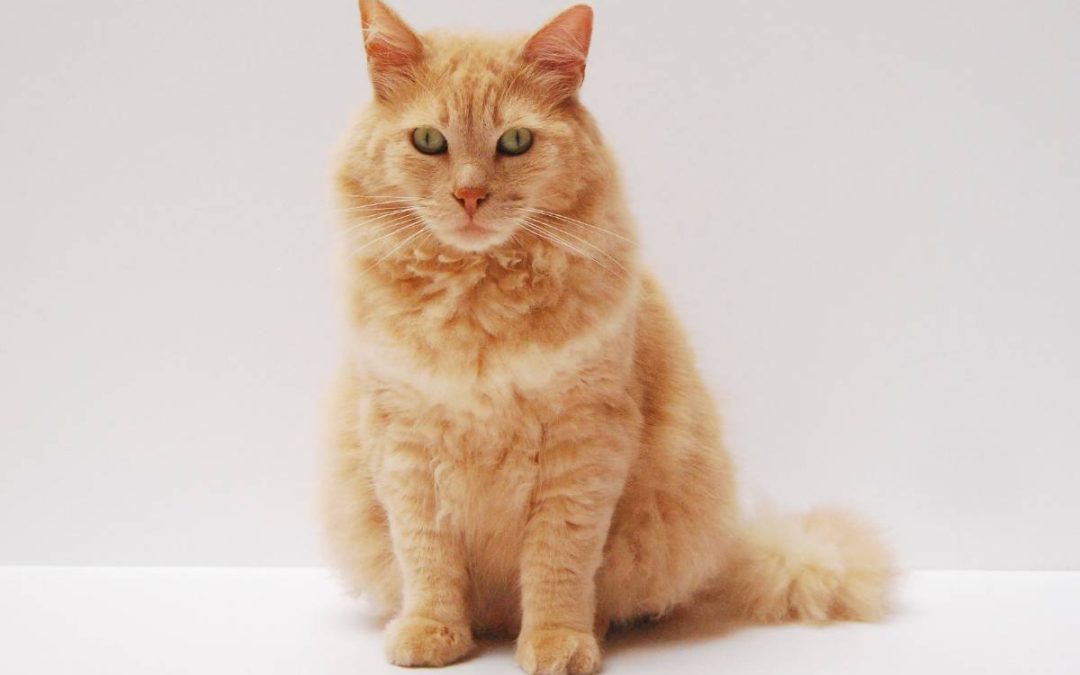Did you know that 50% of cats aged 5 – 11 years old weigh in higher than their ideal weight? If you’re reading this, I’m guessing you are either concerned your cat may already be overweight or you’re curious why you should even care.
Let’s face it, chubby cats are cute! It’s no wonder, some of the most popular cartoon cat characters and cat memes are large and in charge. So why should you be concerned about your cat being on the plump side?
Extra weight on your cat could attribute to serious health concerns, and sometimes a shorter life span.
What are the health concerns associated with extra weight?
An increase in weight can hinder your cat’s normal propensity for physical activity, which can negatively impact their quality of life. A few serious health issues associated with obesity are listed below:
- Heart disease
- Painful arthritis
- Diabetes
- Bladder cancer
- Difficulty breathing
- Hip dysplasia
- Depression
When is a cat considered obese?
Obesity is an accumulation of excess body fat. Identifying obesity in cats is best determined by using a body condition score. This scale helps determine what condition is ideal for each individual pet. Relying on weight alone is inaccurate, as this can vary widely among different breeds.
Your veterinarian will need to perform a rib check (run both hands, across ribcage on either side), an overhead check (look down on the cat from above), and a profile check (view from the side). Typically a scale similar to the one pictured below will be used to determine your cat’s body condition score.
Click here for more details.
What are some signs my cat may be overweight?
The signs listed below are a good indicator that you should schedule an appointment with your veterinarian to determine your cat’s body condition score, and potentially have additional tests to determine if there is a serious health concern that needs to be addressed.
- Ribs cannot easily be felt when running your hand along your cat’s side
- Loss of an obvious waist
- Collar needs loosening
- Difficulty in walking
- Slow movement
- Shortness of breath
- Bad temper
How can I help my cat lose weight?
Your veterinarian will likely recommend a nutritional diet with a lower calorie density. Gradual weight loss is the goal. Simply reducing the amount of your cat’s current food can actually cause serious health issues. Especially if you reduce it too much, too fast!
The following list gives some additional ways you can help your cat lose weight:
- Encourage your cat to follow you up and downstairs and from room to room
- Hide food and make them hunt for it
- Use toys to encourage play (click here for an example of an interactive cat toy)
- No table scraps or people food
- Encourage 3 to 4 regular meal times instead of free-feeding
The easiest way to deal with obesity is prevention. Beyond helping your cat to lose weight, the ideas listed above can be great habits to use in preventing obesity.
If you are concerned your cat is obese, be sure to schedule an appointment with your veterinarian to determine what your cat’s ideal weight should be, rule out any serious health issues, and develop a safe and healthy diet plan to get your cat back on track.



Recent Blog Comments